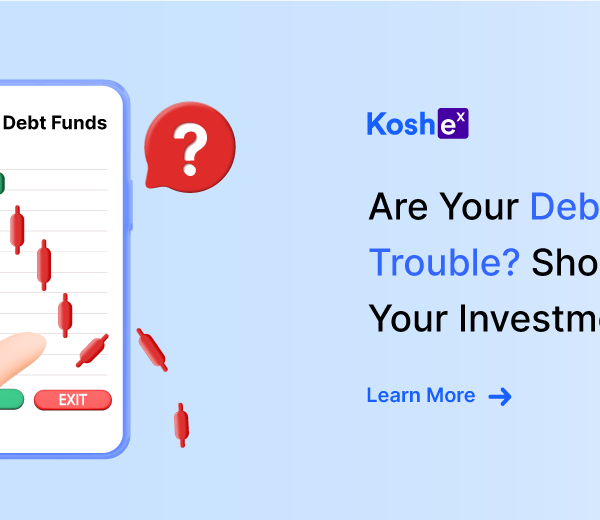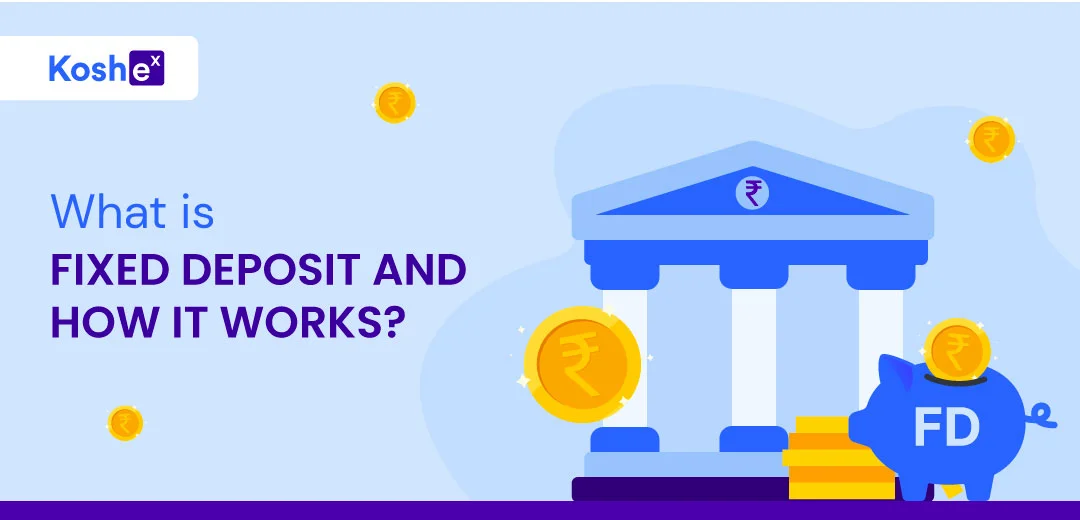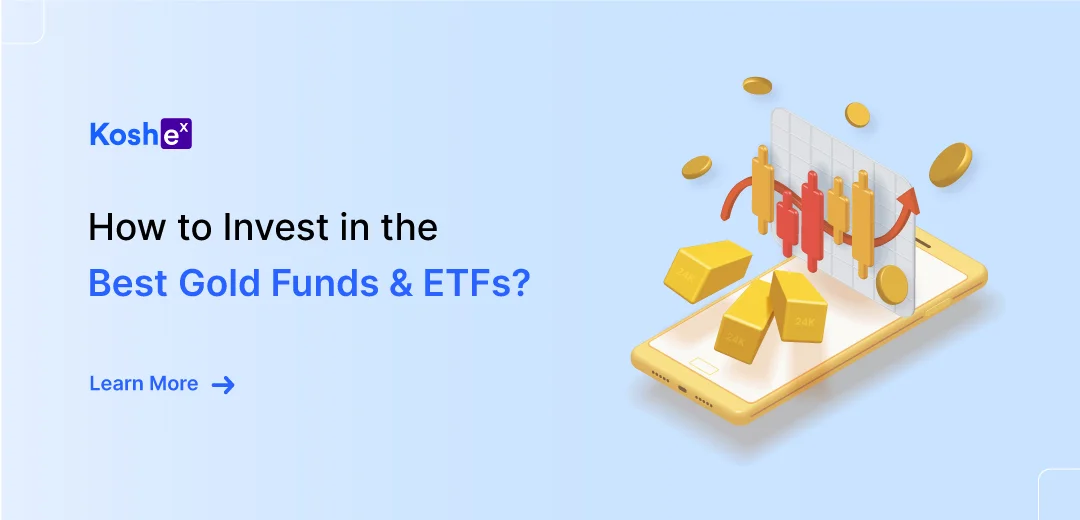In most cases, we tend to invest in mutual funds with a long-term perspective. This is primarily because the compounding benefits unfold in long term.
Mutual funds basically pool money from the investors and invest in the underlying assets as per the terms of the scheme.
They are professionally managed by expert fund managers. SEBI regulates the mutual fund landscape and it occurred to it that there were several mutual fund schemes with overlapping mandates.
This created confusion among the minds of fund investors.
To avoid this, the SEBI also halted the approval of New Fund Offers (NFOs) whose investment objectives appeared similar compared to the existing scheme of that AMC portfolio.
Apart from this, many mutual fund schemes were merged with one another. While the similarity between the schemes is one of the reasons for the merger, there are various other reasons as well.
What exactly is a mutual fund merger? How does it affect us and what we should do in such a case? Further, we will also discuss how Koshex helps in your mutual fund investments.
Decoding Mutual Fund Merger
As it sounds, a mutual fund merger is the merger of two or more mutual fund schemes. It can occur either by:
- Combining two or more mutual fund schemes or plans to form a new scheme or,
- Merging one scheme into an already existing mutual fund scheme
Mutual fund mergers can panic investors who may fear the loss of their invested amount. But are mutual fund mergers really that scary? Is our invested capital in danger? For this, we need to know the reason for mutual fund mergers.
Prominent Reasons for Mutual Fund Mergers
Here are some of the prominent reasons for mutual fund mergers:
Inadequate Performance
Sometimes, mutual funds fail to perform sufficiently. There can be several reasons for the same. As the performance of the scheme needs to be publicized in promotional materials, it is difficult to hide the underperformance of the scheme.
This can lead to resentment and the exit of the investors. AMCs in such cases decide to merge the underperforming scheme with the one that’s performing better. This reroutes the funds to ensure a higher performance.
Rationalization of Costs
Each mutual fund scheme has certain costs associated with its administration. If the fund is unable to bear the costs or the costs are too high, it directly impacts the performance and returns of the fund.
In the rising markets, AMCs roll out new fund offers to increase their assets under management. Even fund investors are keen on trying out different schemes.
However, when the market takes a dip, investors stay away from newer funds and select the ones with historical performance.
This can make managing costs difficult for the funds. Hence, a merger seems a viable option to trim down the costs.
Redemption by Investors
Another domino effect of falling markets is the exit by investors. Investors often panic and move out of the markets for safer options.
This becomes challenging for smaller funds. With few assets under management, AMCs decide to merge such funds with a larger fund.
This makes servicing redemption requests easier.
Change in Fund Manager
Behind every high-performing fund is an experienced and professional fund manager.
If a fund has been able to consistently provide significant returns to us, then most of the credits can be attributed to its fund manager.
The exit of such a high-potential fund manager can create a void hard to fill. This can even lead to exits by fund investors who trusted the fund manager.
In such cases, AMCs can resort to merging the fund with another fund that has already won the investor’s confidence.
Similar Schemes
As stated earlier, this is one of the prominent reasons for mutual fund mergers. The AMCs may merge scheme that has similar investment objective or invests in similar kind of underlying assets.
This not only eliminates confusion on the part of the investors but can also help save significant costs for the AMC.
What We Should Do in Case of Mutual Fund Merger?
There’s nothing to panic about if our fund is getting merged with another fund. Following are some of the things we should take care of whenever a mutual fund merger happens:
- Identify the Reason for Merger: If the merger is happening, we need to identify the reason for the merger. This will directly impact our future course of action.
- Read the Unitholder Circular: We should read the unitholder circular carefully in order to determine whether the new / transferee scheme aligns with our investment goals.
- Research About the New Fund: What’s the category of the new fund? What are the underlying assets where the fund is investing? How was the historical performance of the fund? What is its AUM? We should conduct in-depth research on the new fund and also about changes in the asset allocations that will follow.
- Get Information About the New Fund Manager: As the fund has merged with another one, therefore, it is highly likely that the existing fund manager might not continue. Therefore, we should try to obtain information about the experience and expertise of the new fund manager.
- Analyze the Mandate of the New Fund: We should try to understand the new fund’s strategy, achievements, and investment philosophy. This will give us a sense of direction of where our investments are heading.
- Understand If There Are Any Tax Consequences: What are the potential tax consequences of the fund merger on us as well as on the fund’s assets?
- Check Out the Fees and Charges for the New Fund: What is the expense ratio of the new fund? It is important to determine it as it will directly impact our returns. If the charges are higher, then we should determine whether the consequent returns are also higher.
- Stay Updated About SEBI Announcements: Is there any announcement from SEBI in relation to the merging fund? What are SEBI’s views and directions for fund investors? What are experts saying? We should keep a note of all these things to make an informed decision.
In a Nutshell
While mutual fund investments are relatively safer, we should still proceed with caution. In case of a merger, we are provided a 30 days period to decide on our investments. Further, exiting does not attract exit load as well.
However, it can attract capital gains tax in case we decide to sell off our investments. But in most cases, there is nothing to panic about and with some research and analysis, we can easily make informed investment decisions.
Koshex is an online investment platform that allows investors to invest in mutual funds, fixed deposits, digital gold, and smart deposits.
It helps us automate our savings and investments to achieve our financial goals. Further, with hyper-personalized insights, Koshex helps us make better investment decisions.
It’s time we make better choices for investment and walk towards the path to achieve our financial goals with Koshex.
Frequently Asked Questions
Q: Whether mutual fund merger is profitable for the investors?
A: It varies across each case. If the fund that is getting merged with another fund is underperforming, then a mutual fund merger can be a profitable option as it can enhance the performance of the fund.
Q: Does the fund manager change due to the mutual fund merger?
A: Yes. It is most likely that the fund manager will change due to the mutual fund merger and it will be managed by the fund manager of the surviving fund.









Leave a Comment